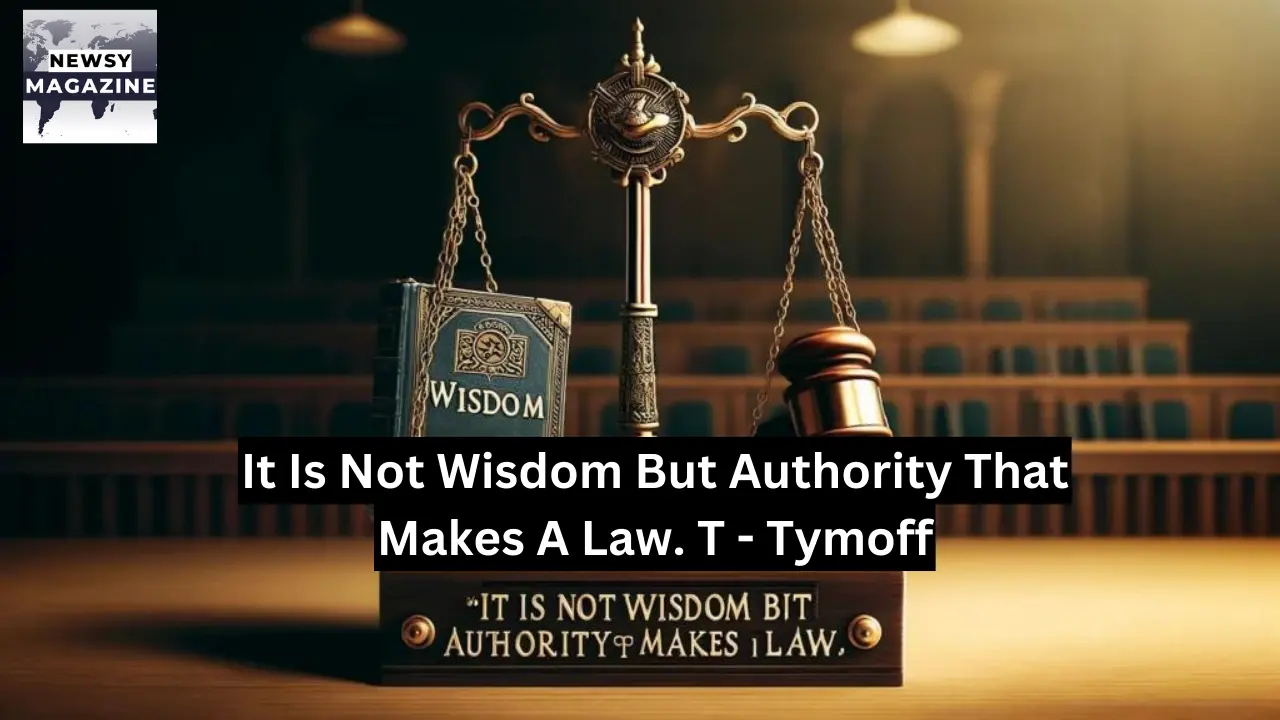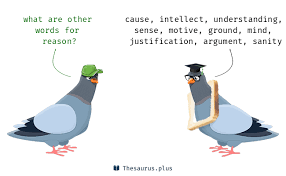
Have you ever wondered why certain laws exist despite seeming illogical or outdated? It’s a question many ponder, leading us to the critical observation: “It Is Not Wisdom But Authority That Makes A Law. T – Tymoff” This quote by Tymoff underscores the reality that laws are often created and enforced not by the most knowledgeable or ethical individuals, but by those in positions of power. This article explores the implications of this assertion, examining how authority shapes legal systems, the potential pitfalls of such an approach, and the ways we might strive for more wisdom-driven legislation.
The interplay between authority and law is a complex and multifaceted issue. By delving into historical and contemporary examples, we can better understand the dynamics at play and consider how societies can balance authority with wisdom to create more just and effective laws. Whether you’re a student, legal professional, or simply a curious reader, this discussion aims to provide valuable insights into the nature of law and governance.
The Nature of Law: Authority vs. Wisdom
Authority as the Basis of Law
Authority is the bedrock upon which legal systems are built. In any society, certain individuals or groups hold the power to create, implement, and enforce laws. This authority often comes from political positions, such as legislators, executives, or judges. The legitimacy of these laws is derived not necessarily from their wisdom or ethical soundness but from the power and recognition granted to these figures.
The reliance on authority to make laws can be traced back to ancient civilizations. For instance, in ancient Rome, the emperor’s decrees had the force of law, regardless of their wisdom or fairness. Similarly, in modern democracies, elected officials have the authority to enact laws based on their political mandates, even if those laws are not always the most rational or just.
The Role of Wisdom in Lawmaking
While authority is necessary for the creation and enforcement of laws, wisdom should ideally guide the process. Wisdom in lawmaking involves a deep understanding of societal needs, ethical considerations, and long-term consequences. Laws crafted with wisdom tend to be more just, effective, and adaptable to changing circumstances.
However, wisdom is often overshadowed by political agendas, short-term gains, and the interests of powerful groups. This can lead to the enactment of laws that, while authoritative, may lack the foresight and ethical grounding needed for truly beneficial governance.
Historical Examples of Authority Over Wisdom
The Prohibition Era in the United States
One of the most notable examples of authority-driven lawmaking is the Prohibition era in the United States. In 1920, the 18th Amendment to the U.S. Constitution was enacted, prohibiting the manufacture, sale, and transportation of alcoholic beverages. This law was driven by powerful temperance movements and political forces, rather than by a broad consensus or wisdom about its practical implications.
The result was a rise in organized crime, illegal speakeasies, and a general disregard for the law among the public. The Prohibition era demonstrates how laws enacted through authority, without sufficient wisdom, can lead to unintended and often detrimental consequences. In 1933, the 21st Amendment repealed Prohibition, acknowledging its failure and the need for a more nuanced approach to alcohol regulation.
The War on Drugs
Another significant example is the War on Drugs, initiated in the 1970s in the United States. Driven by political leaders and law enforcement agencies, this campaign aimed to reduce illegal drug use and trafficking through stringent laws and severe penalties. Despite its authoritative backing, the War on Drugs has faced extensive criticism for its lack of wisdom.
The campaign has been associated with mass incarceration, racial disparities in sentencing, and the marginalization of communities. Critics argue that a more balanced approach, incorporating public health strategies and addressing underlying social issues, would have been wiser and more effective. The ongoing debate around drug policy reform highlights the need for wisdom in lawmaking.
The Consequences of Authority-Driven Laws
Erosion of Public Trust
When laws are created and enforced primarily through authority without wisdom, public trust in the legal system can erode. Citizens may perceive the laws as unjust, arbitrary, or out of touch with societal realities. This erosion of trust can lead to widespread noncompliance, protest, and a general weakening of the rule of law.
Inefficiency and Injustice
Authority-driven laws can also result in inefficiencies and injustices within the legal system. Laws that lack wisdom may not address the root causes of issues, leading to ineffective or counterproductive outcomes. Moreover, such laws can disproportionately impact marginalized communities, exacerbating social inequalities and perpetuating cycles of disadvantage.
Striving for Wisdom in Lawmaking
Inclusive and Evidence-Based Policymaking
To ensure that wisdom guides lawmaking, it is crucial to adopt inclusive and evidence-based approaches. This involves engaging a diverse range of stakeholders in the legislative process, including experts, community leaders, and affected individuals. By considering a wide array of perspectives and relying on empirical evidence, lawmakers can craft policies that are more just, effective, and resilient.
Ethical Considerations and Long-Term Thinking
Wisdom in lawmaking also requires a strong ethical foundation and long-term thinking. Laws should be evaluated based on their potential to promote justice, equity, and the well-being of all citizens. Additionally, policymakers should consider the long-term implications of their decisions, striving to create laws that are adaptable and sustainable in the face of future challenges.
Read Also: Who is Selena Green Vargas and where is she now? [2024]
FAQs
What does “It is not wisdom but authority that makes a law” mean?
This quote by Tymoff suggests that laws are often created and enforced by those in power rather than by those with the most knowledge or ethical insight. It highlights the distinction between the authority to make laws and the wisdom needed to create just and effective legislation.
Why is wisdom important in lawmaking?
Wisdom is important in lawmaking because it ensures that laws are based on a deep understanding of societal needs, ethical considerations, and long-term consequences. Laws crafted with wisdom are more likely to be just, effective, and adaptable to changing circumstances.
Can authority and wisdom coexist in lawmaking?
Yes, authority and wisdom can coexist in lawmaking. While authority is necessary for the creation and enforcement of laws, incorporating wisdom into the process can lead to more just and effective outcomes. This requires engaging diverse stakeholders, relying on evidence, and considering ethical and long-term implications.
Conclusion
The assertion that “It is not wisdom but authority that makes a law” challenges us to critically examine the foundations of our legal systems. While authority is necessary for the creation and enforcement of laws, it is equally important to ensure that these laws are guided by wisdom. By learning from historical examples and striving for inclusive, evidence-based, and ethically grounded policymaking, societies can create laws that are not only authoritative but also just and effective. In doing so, we can build legal systems that better serve the needs and aspirations of all citizens.






